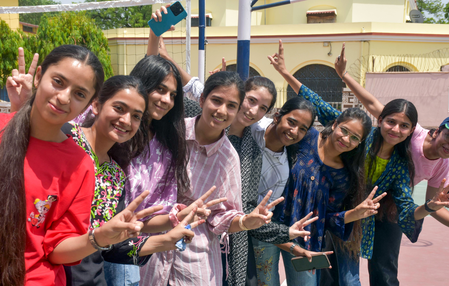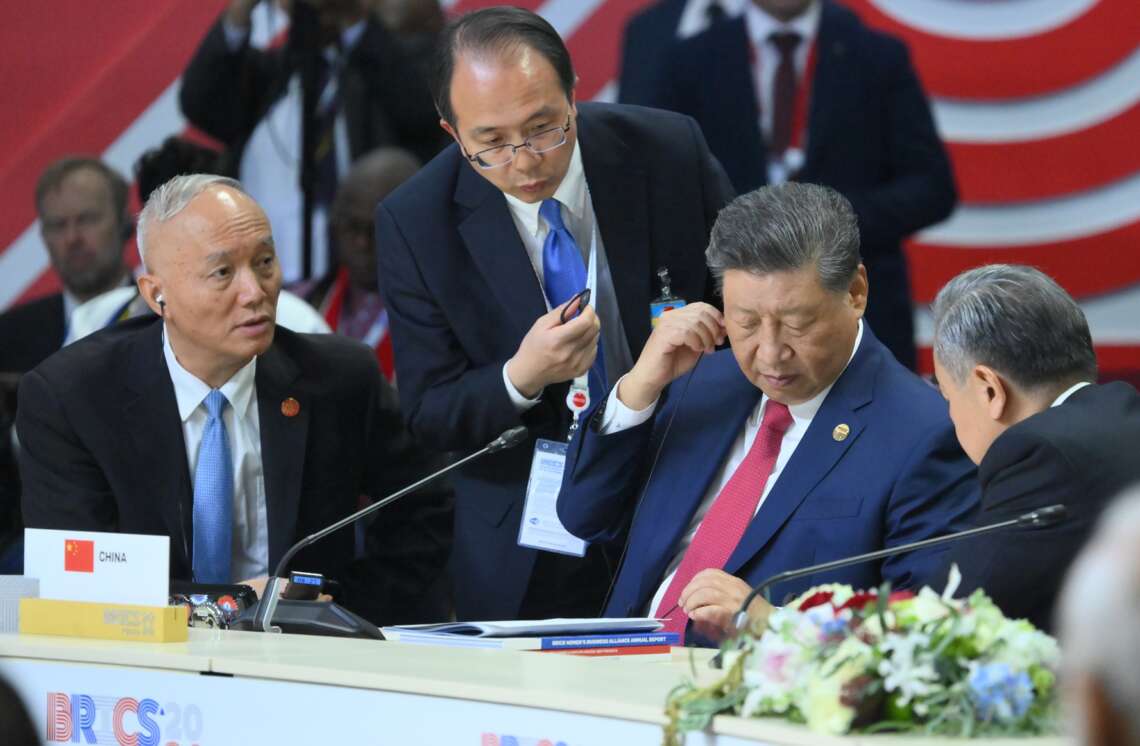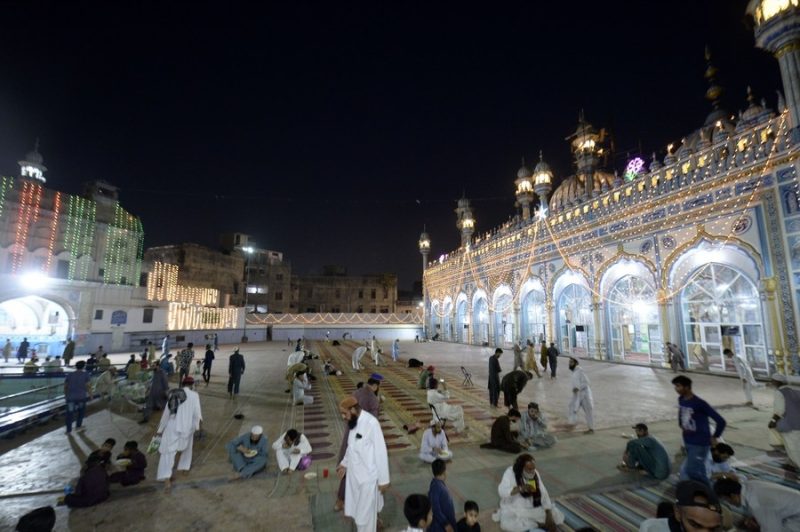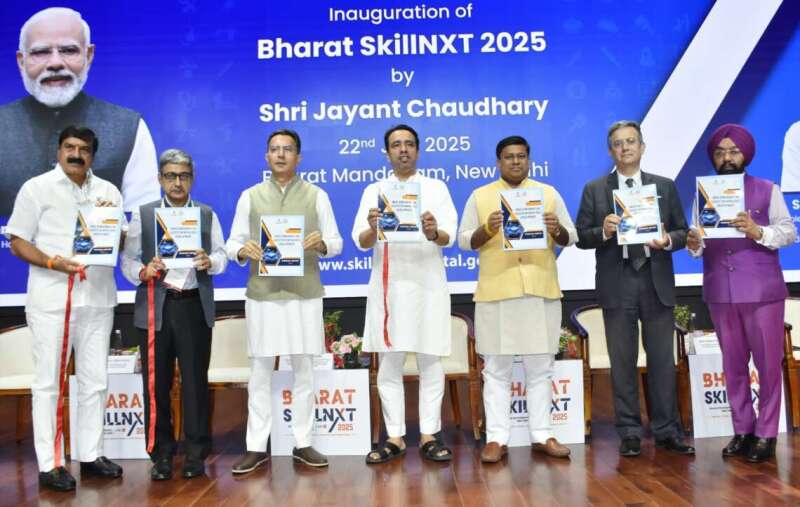First exam is mandatory, while second is optional for subject improvement under National Education Policy (NEP) reforms.
In a sweeping reform aligned with the National Education Policy (NEP) 2020, the Central Board of Secondary Education (CBSE) has announced that Class 10 board examinations will be conducted twice a year starting from 2026. The change, confirmed in an official statement on Wednesday, marks a major shift in the structure of India’s school-leaving exams, with the first exam cycle made mandatory and the second optional for students wishing to improve their scores.
According to the CBSE, the first board exam will be held in mid-February, with results announced in April. The second, optional cycle will take place in May, with results expected in June. Students who pass the first exam will have the opportunity to improve their performance in up to three subjects – Science, Mathematics, Social Science, and languages – by opting to appear in the second round.
“This move is in line with the NEP-2020 recommendations and follows extensive stakeholder consultations,” the board said in its official release. “The first examination will be treated as the main board exam, and internal assessment will only be conducted once prior to it.”
According to the CBSE, the first board exam will be held in mid-February, with results announced in April. The second, optional cycle will take place in May, with results expected in June.
The CBSE also detailed eligibility criteria for the second exam. Students who miss three or more subjects in the first exam will be labelled “Essential Repeat” and will not be allowed to appear in the second cycle. They will have to reappear in the following year’s main exam. Similarly, students declared under the “Compartment” category in the first cycle will be allowed to retake only those subjects in the second exam under the same category.
No fresh subjects can be taken after passing Class 10, the board clarified. Additionally, stand-alone or additional subjects will not be permitted. Subject changes will not be allowed between exam cycles unless specifically covered under existing CBSE policies.

To accommodate students with unique needs, CBSE has introduced specific provisions. Students involved in recognised sports events that clash with exam dates can opt to appear in the second cycle. For students in winter-bound schools, flexibility has been offered to choose between the two exam periods. Children With Special Needs (CWSN) will continue to receive extended facilities during the second exam.
Importantly, both examinations will be based on the same full-year syllabus and follow an identical assessment scheme. Only those who appear in the first cycle will be allowed to register for the second, with the submission of a separate List of Candidates (LOC). New candidates or late entries will not be permitted during the second exam cycle.
The board has also confirmed that results of the first board exam will be made available on DigiLocker and can be used for provisional admissions into Class XI. However, final marksheets, passing certificates, and merit awards will only be issued after the completion of the second examination cycle.
For students who do not clear the February exam, provisional admission into Class XI may still be possible, subject to successful results in the May exam. Post-result services such as photocopy of answer sheets, result verification, and re-evaluation will be provided only after the second phase concludes.
The move is expected to bring significant relief to students, reducing the stress of performing perfectly in a single high-stakes exam and allowing a second chance for academic improvement within the same year. However, it also demands stronger logistical coordination from schools and education boards to manage the expanded assessment calendar.













